Eliminate industrially produced trans fats from the global food supply by 2023

58 countries have introduced laws that will protect 3.2 billion people by the end of 2021
However, most are high- and upper- to middle-income countries. More than 100 countries still need stronger action, including those where a high proportion of coronary heart disease is due to intake of trans fats
X
Austria
Best-practice policy takes effect (2009)
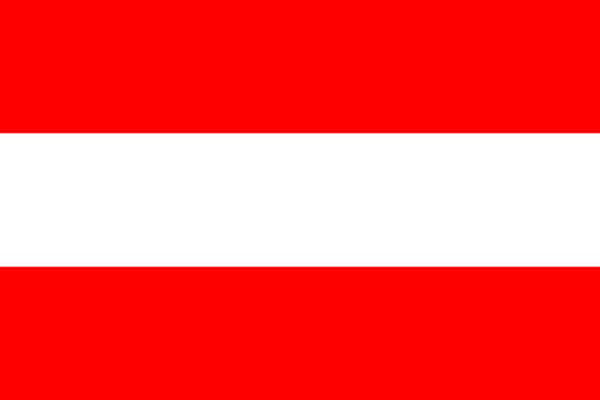
Best-practice policy takes effect (2009)
X
Canada
Best-practice policy takes effect (2018)

Best-practice policy takes effect (2018)
X
Chile
Best-practice policy takes effect (2011)
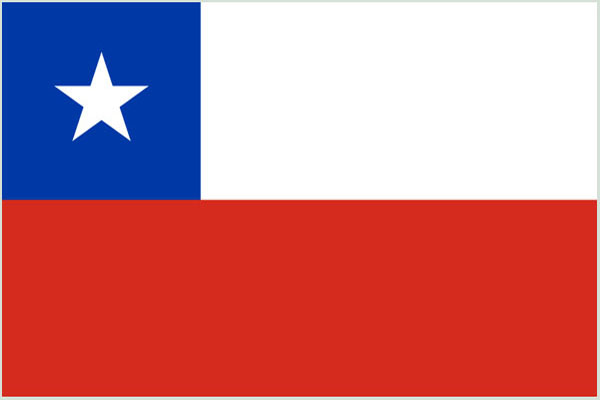
Best-practice policy takes effect (2011)
X
Denmark
First country to legislate a limit on trans fat content in all food products, 2g/100g of total fat; best-practice policy to take effect 1 year later (2003)

First country to legislate a limit on trans fat content in all food products, 2g/100g of total fat; best-practice policy to take effect 1 year later (2003)
X
European region
Best-practice policies take effect, limiting industrially produced trans fats to 2 g/100 g of total fat in all food products (2021)

Best-practice policies take effect, limiting industrially produced trans fats to 2 g/100 g of total fat in all food products (2021)
X
Hungary
Best-practice policy takes effect (2014)
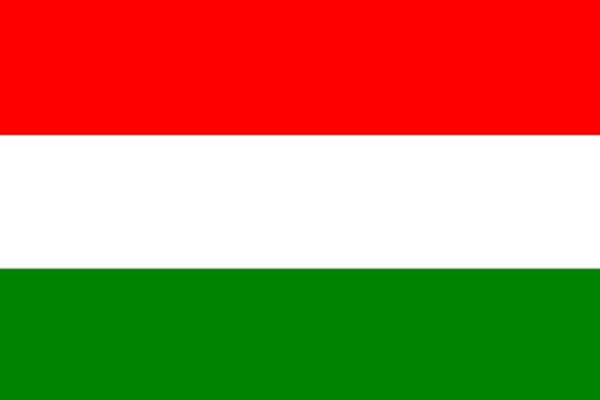
Best-practice policy takes effect (2014)
X
Iceland
Best-practice policy takes effect (2011)
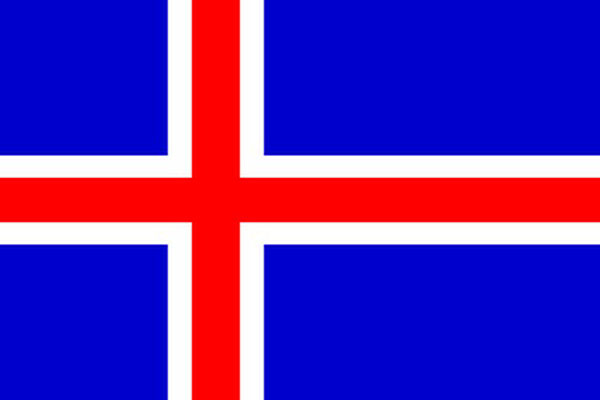
Best-practice policy takes effect (2011)
X
Latvia
Best-practice policy takes effect (2018)
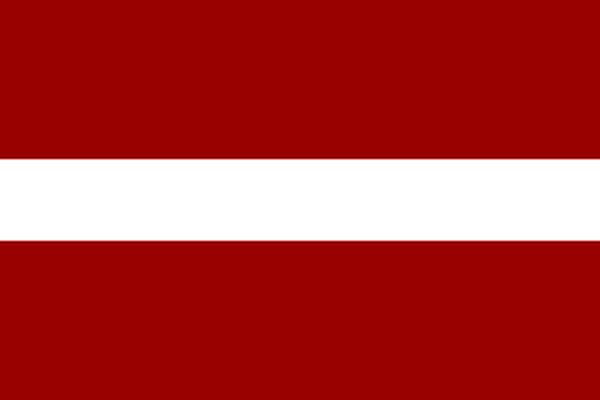
Best-practice policy takes effect (2018)
X
Lithuania
Best-practice policy takes effect (2019)
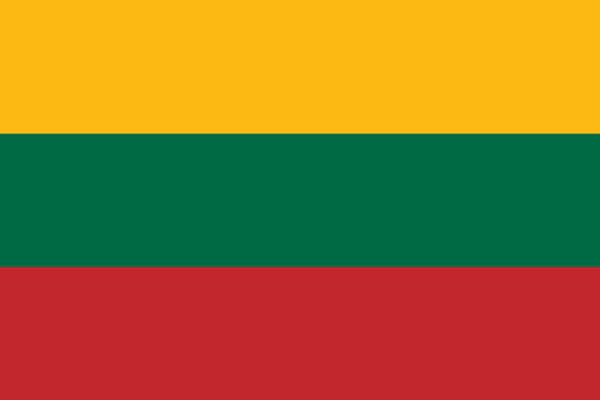
Best-practice policy takes effect (2019)
X
The 12 largest multinational food companies
committed to eliminate industrially produced trans fats from all their products by 2023 (2019)
.png?sfvrsn=acb09e00_5)
committed to eliminate industrially produced trans fats from all their products by 2023 (2019)
X
Norway
Best-practice policy takes effect (2014)
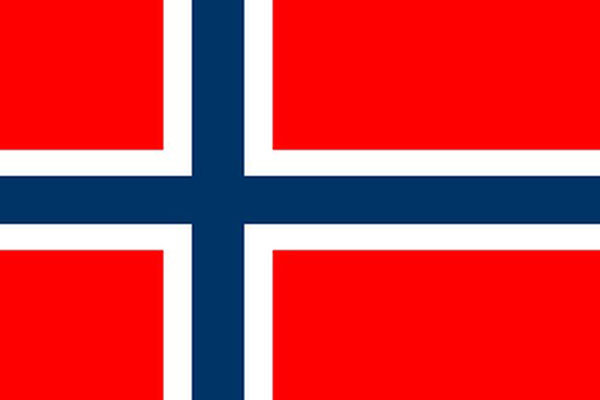
Best-practice policy takes effect (2014)
X
Saudi Arabia
Best-practice policy takes effect; working with Health Canada and the private sector to develop approach to monitoring compliance (2020)

Best-practice policy takes effect; working with Health Canada and the private sector to develop approach to monitoring compliance (2020)
X
Slovenia
Best-practice policy takes effect (2018)
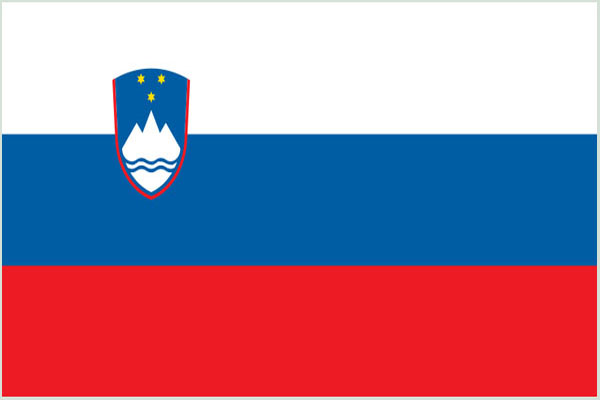
Best-practice policy takes effect (2018)
X
South Africa
Best-practice policy takes effect (2011)
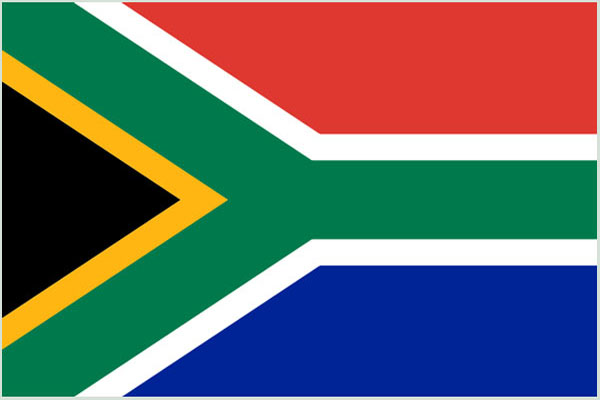
Best-practice policy takes effect (2011)
X
Thailand
Best-practice policy takes effect (2019)
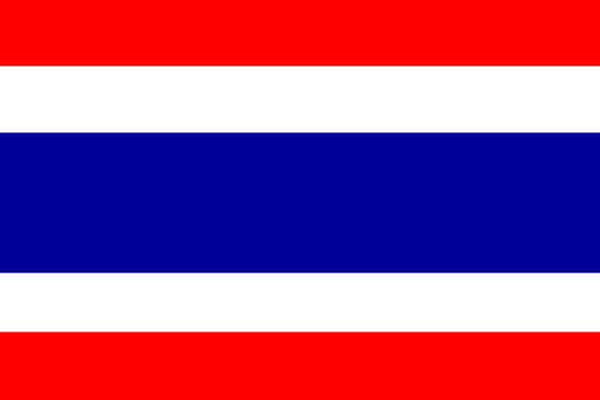
Best-practice policy takes effect (2019)
X
United States of America
Best-practice policy takes effect (2018)
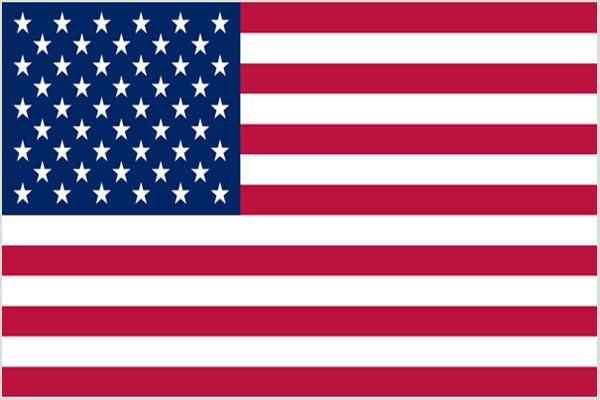
Best-practice policy takes effect (2018)
2020
2020
Country certification of trans fat elimination first programme to
recognize elimination of a risk factor
for noncommunicable diseases
2020

Second global progress report launched by WHO Director-General to countdown in 2023

Second global progress report launched by WHO Director-General to countdown in 2023
2019
Supported Member States in strengthening capacity to develop, update and implement legislation
REPLACE action package provides a
strategic approach to eliminating
industrially produced trans fats from national food supplies
Supported Member States in strengthening capacity to develop, update and implement legislation
2019


First global progress report launched by WHO Director-General to countdown in 2023
2018


Dialogue with the food and non-alcoholic beverage industries at Chatham House
2018
Call to action to Member States to eliminate trans fats from the food supply by 2023
“Eliminating industrially-produced trans fat is one of the simplest and most effective ways to save lives and create a healthier food supply”
– Dr Tedros Adhanom Ghebreyesus
2018
corresponding to 2.2 g/day of a 2000-calorie diet
Updated draft of WHO guideline on trans fats issued for public consultation, recommending that
less than 1%
of total energy intake be trans fats
corresponding to 2.2 g/day of a 2000-calorie diet
2018
REPLACE action framework to serve as a roadmap for country actions
2013
Legislating to ban use of trans fats in the food chain included as part of cost-effective interventions to
prevent and control noncommunicable diseases
(updated in 2017)
2007
as such, food services, restaurants, and food and cooking fat manufacturers should avoid their use"
“Trans fat produced by partial hydrogenation of fats and oils should be considered industrial food additives having
no demonstrable health benefits and clear risks to human health…
as such, food services, restaurants, and food and cooking fat manufacturers should avoid their use"
– WHO Scientific update on health consequences of trans fat
2002
less than 1%
of total energy intake be trans fats
